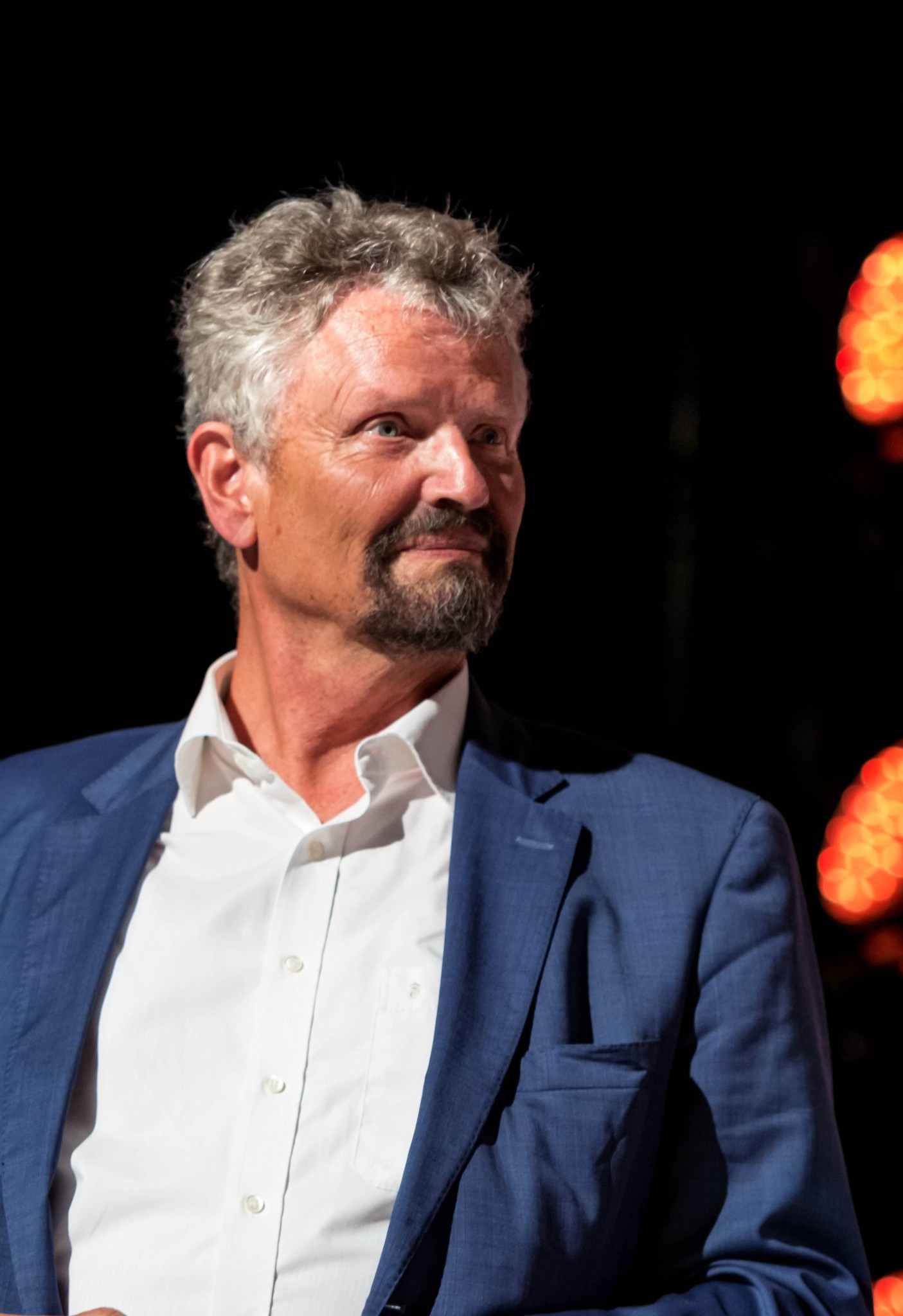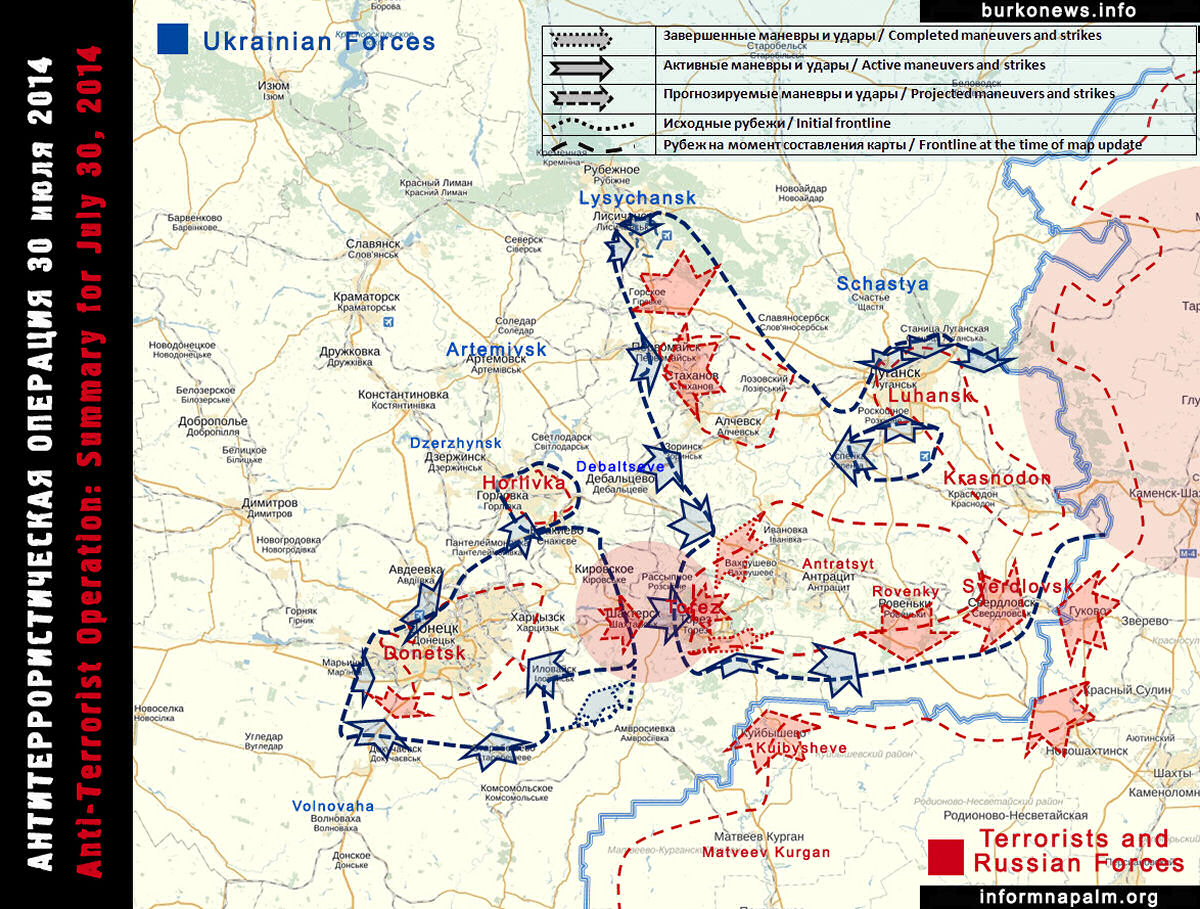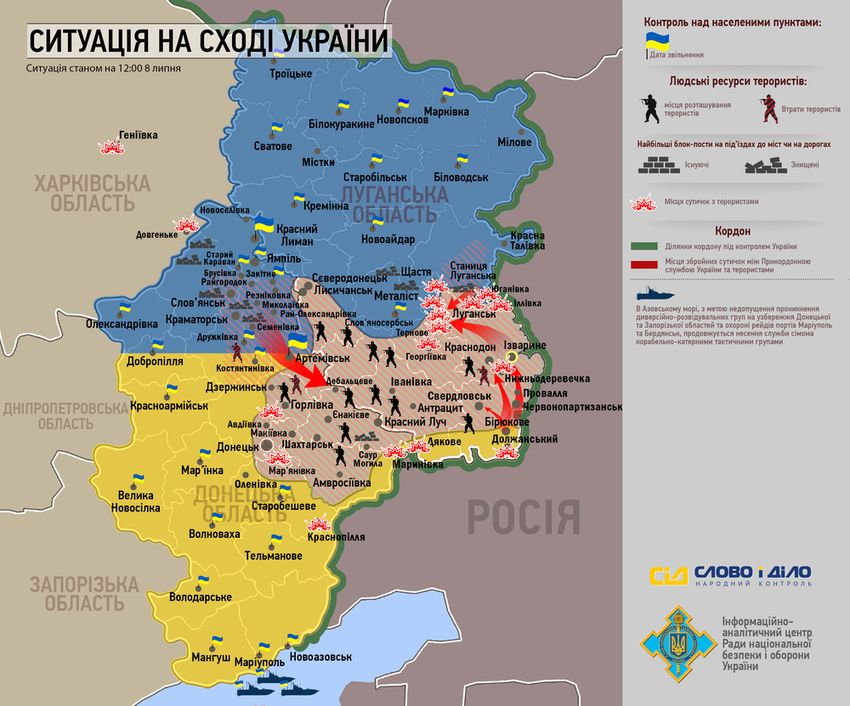At the beginning of February 2016, the Ukrainian ATO (anti-terrorism operation) command blamed the OSCE directly for its inaction for the first time. The organization had not been able to respond to increased attacked of the combined Russian army forces, including the use of weapons forbidden under the “Minsk Agreements”, in this particular case 120mm guns firing at Ukrainian-held Zaytseve (near Horlivka). Ukrainian positions near Horlivka had been attacked or fired at heavily almost daily since November 2015, including “forbidden” weapons. The Ukrainian army as a rule had only been fighting back if being directly attacked.
In this context it should be underlined that the OSCE’s “inaction” or passivity is a structural problem of the OSCE:
- the mission is “neutral” which is basically diplomatic talk, meaning that it does not blame the aggressor and seeks an appeasing stance
- the OSCE as a western organization shares the common western organizational culture principles: “no-offense policy” in regard to aggressive parties, and the primate of diplomacy and dialogue – which basically means to issue reports or make speeches; and refrain from real action and command hierarchy, including a selected country representing the organization and supervising activities for a year.
Since Russia occupied Crimea in 2014 and later in the year invaded the Donbas in order to wage a real war against Ukraine, the OSCE has been chaired by Switzerland, Serbia and Germany – all those countries being far from neutral in their relationship with Russia. Swiss political elites and media in their great majority support a “neutral” view of Russia, also meaning to appease Russia or even to openly support Russian views. Serbia has been an outspoken ally of Russia, refusing to join in sanctions against Russia and buying Russian weapons.
In January 2016, Germany overtook the OSCE’s chairmanship. Germany has a special relationship with Russia: Chancellor Angela Merkel has been supporting the sanctions, but many in the German political elite have been pressuring for a “normalization” of the relationship, backed by the majority of German media and pressured by German businessmen.
The motto of Germany’s chairmanship is renewing dialogue, rebuilding trust, restoring security. Translated from diplomatic speech this basically can be interpreted as: “even more talking without deeds” (with the option to reintegrate Russia into the G8 and to relax on the sanctions regime if the situation does not get worse).

An interesting detail in connection with Germany’s OSCE representation this year was the appointment of Gernot Erler, “Special Representative of the Federal Government of Germany for the OSCE Chairmanship.” Erler at the same time continues to be commissioner for Russia of the German government, representing positions which have provoked some to state that he rather should be called Russia’s commissioner for Germany. In the “neutral” function of OSCE representative he met on 27 January 2016 with NATO’s Secretary General Jens Stoltenberg in order to renew the “dialogue” between the two organizations. A day later, Stoltenberg declared NATO believed it was time to hold a NATO-Russia Council meeting.








